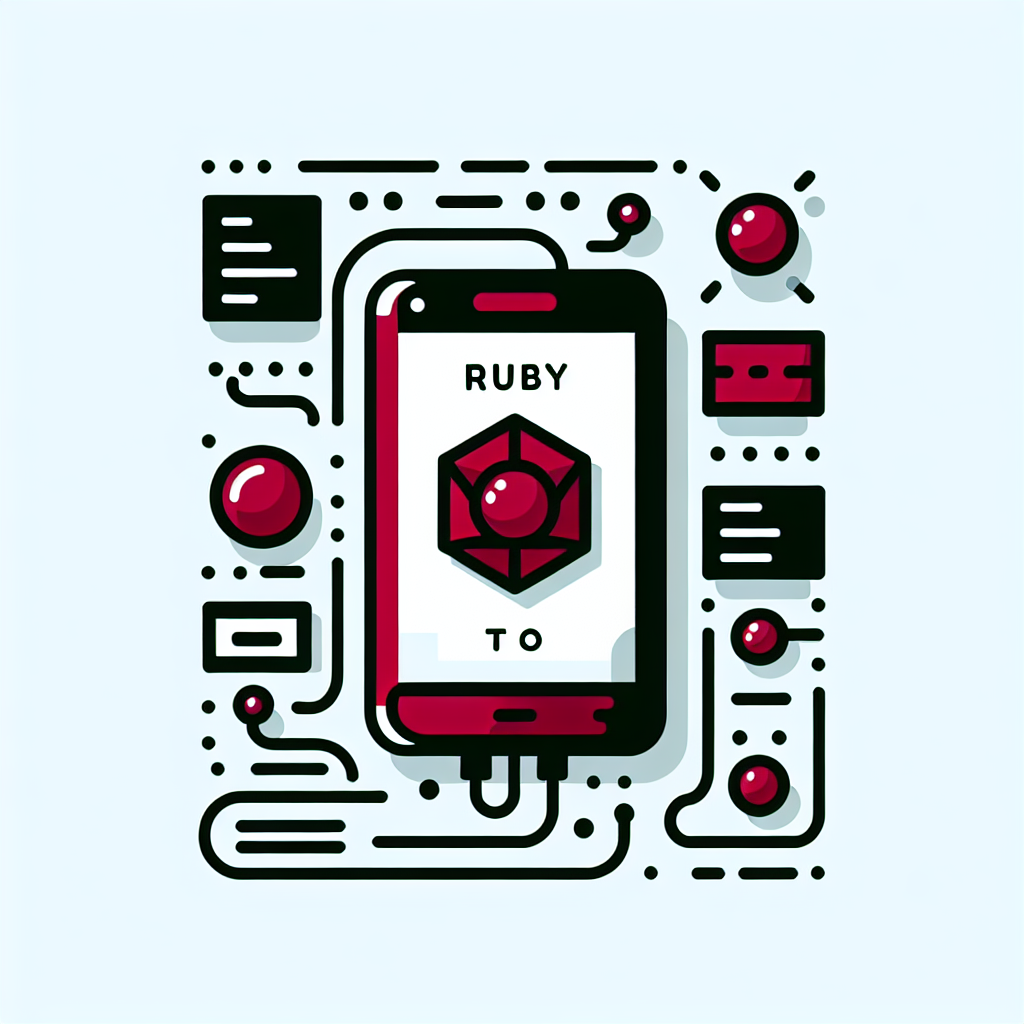Convert Ruby to Go: Seamless Code Transformation Tool
Effortlessly convert Ruby code to Go with our powerful tool. Enhance efficiency, streamline projects, and boost productivity. Try Ruby to Go now!
Source Code
Converted Code
Output will appear here...
Ruby to Go is a versatile tool that seamlessly converts Ruby applications into portable, standalone executables, enhancing deployment efficiency across diverse environments. Ideal for developers seeking streamlined Ruby application deployment, it eliminates compatibility issues and boosts productivity. Optimize your development workflow today with Ruby to Go for hassle-free application distribution.

Ruby to Go: Effortlessly Convert Your Ruby Code to Go Link to this section #
Ruby to Go is an invaluable tool designed to streamline the process of converting Ruby code into Go (Golang). This tool is perfect for developers looking to take advantage of Go's performance and concurrency while retaining the simplicity of Ruby.
Key Features Link to this section #
- Automatic Conversion: Transform Ruby syntax into Go with minimal input, reducing the time spent on manual translation.
- Code Optimization: Ensures that the converted Go code is not only functional but also optimized for performance.
- Error Handling: Identifies potential issues in the Ruby code that may affect the conversion process, providing suggestions for resolutions.
Benefits Link to this section #
- Performance Enhancement: Leverage Go's efficiency for better performance, especially in concurrent applications.
- Scalability: Go's robust ecosystem and scalability make it ideal for large-scale applications.
- Ease of Use: Simple and intuitive interface for a smooth transition from Ruby to Go.
Example Link to this section #
Convert a simple Ruby function to Go:
Ruby Code:
def greet(name)
"Hello, #{name}!"
end
Converted Go Code:
package main
import "fmt"
func greet(name string) string {
return fmt.Sprintf("Hello, %s!", name)
}
Usage Tips Link to this section #
- Review Converted Code: Always review the generated Go code for any potential issues or optimizations.
- Testing: Implement thorough testing to ensure functionality is preserved during conversion.
- Refactoring: Consider refactoring the original Ruby code for better compatibility with Go's structure.
Additional Resources Link to this section #
Ruby to Go is your go-to solution for harnessing the power of Go while maintaining the elegant simplicity of Ruby. Whether you're a seasoned developer or new to Go, this tool simplifies the transition and enhances your coding efficiency.
Frequently Asked Questions
What is 'Ruby to Go'?
'Ruby to Go' refers to the process of transitioning or translating Ruby code into Go (Golang) code. This may be done to take advantage of Go's performance benefits, concurrency support, or to integrate with systems predominantly using Go.
Why would someone convert Ruby code to Go?
Developers might convert Ruby code to Go to improve application performance, leverage Go's efficient concurrency model, or to integrate with existing systems written in Go. Go's statically compiled nature and its performance efficiency in handling high throughput applications make it a suitable choice for certain projects.
What are the challenges of converting Ruby to Go?
Challenges include differences in language syntax and semantics, managing Ruby's dynamic typing versus Go's static typing, and translating Ruby's object-oriented paradigm to Go's more procedural and interface-based approach. Additionally, developers need to handle differences in libraries and frameworks available in each language.